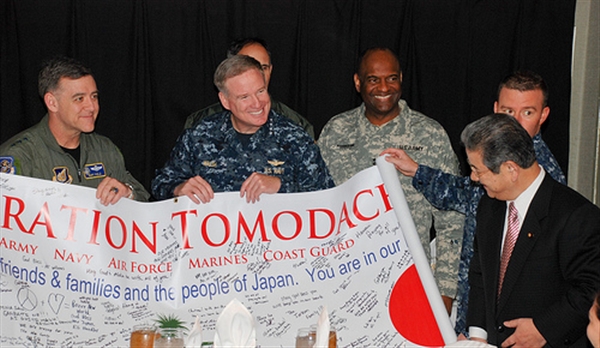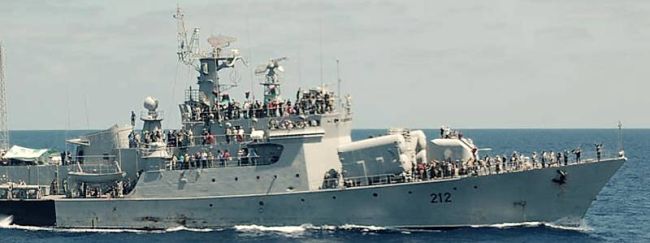WASHINGTON — I had the honor of addressing the graduating class of 2010 from the United States Air Force Academy. They and a select group of college graduates throughout the country are receiving a diploma this month and then raising their hand to defend our nation. As I fly back home to Washington, it is to these young men and women entering our military that I wish to impart some of the same time-tested advice I gave our newest Air Force officers. In a word, it’s about duty.
Your first duty is to learn your jobs, and learn them well. Know them cold. Know them better than your peers, better even than your superiors. Stay ahead of the technology and the trends, because you are going to be on the leading edge of that change.
You are going to be responsible for making sure those you command and those you serve are informed and able to make the best decisions they can, often with little or no notice. You can’t do that if you don’t know what you’re talking about. Become an expert. That is the most meaningful way a junior officer can contribute to the mission.
Your second duty is to lead. And there’s a lot that goes into that, I know. Let me just tell you a little of what it means to me. It means loyalty. And loyalty must be demonstrated to seniors, peers, and subordinates alike. It must never be blind. Few things are more important to an organization than people who have the moral courage to question the direction in which the organization is headed and then the strength of character to support whatever final decisions are made.
Leadership also requires integrity. You may, at times, prove better than your word, but you will rarely prove better than your actions. The high standards by which you measure your own personal behavior and that of others, say more about you and your potential than any statements you make or guidance you give. You should strive to conduct yourself always in such a manner that it can never be said that you demanded less of yourself or of the men and women in your charge than that which is expected of you by your families or your countrymen.
Leaders today must likewise think creatively. They should be able to place themselves outside the problems immediately before them and look at them from a fresh perspective. While great decisions can be made in the heat of battle, great ideas are usually born in the ease of quiet. You must find the quiet to let your imaginations soar.
And that brings me to your final duty — to listen. You must listen to yourselves, to your instincts. You must also prove capable of listening to others, of trying to see problems through the perspectives of our allies, our partners, and our friends all over the world. No one military, no one nation, can do it alone anymore. It’s why I sat cross-legged in a shura with tribal elders in Afghanistan. It’s why our troops in that war-torn country are working so hard to speak the language and understand the culture.
Finally, remember that graduation and commissioning represent only the end of the beginning of your education. The world is now your classroom. Soldiers, Airmen, Sailors, and Marines are now your teachers. They and their families are the best they’ve ever been: talented, eager, and proud of what they are doing.
Take full advantage of their knowledge to improve yours. Show them your loyalty, and they will show you theirs. Demonstrate integrity in everything you do, and they will respect you. You represent the values they have — throughout our history — struggled to defend. Only by earning the support of those you lead can you ever truly hope to become a leader yourself.
Only by doing your duty — straight and true — can you hope to prove worthy of the trust this nation places in you today. Best of luck to you all, God bless and congratulations.
Source:
Chairman of the Joint Chiefs of Staff
U.S. Department of Defense
Office of the Assistant Secretary of Defense (Public Affairs)

 von
von 
